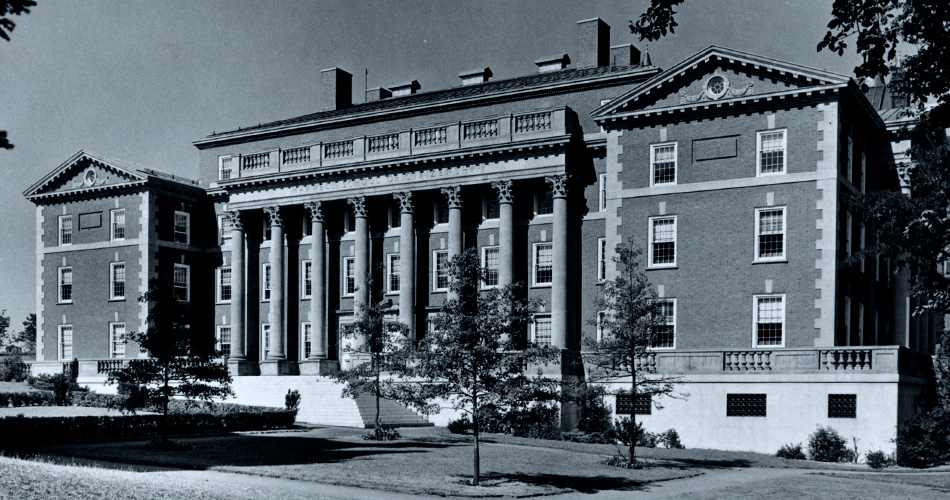The Regressive Nature of the U.S. Tariff Code: Origins and Implications
Eggers Hall, 341
Add to: Outlook, ICal, Google Calendar
The Moynihan Institute of Global Affairs' Trade, Development and Political Economy presents Lydia Cox. The U.S. tariff code has a surprising and little-known feature: tariffs are systematically higher on lower-end versions of goods relative to their higher-end counterparts. For example, a handbag made of reptile leather has a tariff rate of 5.3 percent, while a plastic-sided handbag has a tariff rate of 16 percent. In this paper, we document the presence, historical origins, and consequences of this regressive pattern. Regressive tariffs are present throughout the tariff code, but are especially pervasive in consumer goods categories, where tariffs are 4 percentage points higher, on average, for low-value varieties. Using a newly constructed dataset on legislated tariffs that covers all major trade agreements back to the 1930 Smoot-Hawley Tariff Act, we show that this variation in rates across varieties largely originated in trade agreements made in the 1930s and 40s and has persisted over time. Welfare estimates suggest that the regressive nature of tariff rates on consumer goods has important distributional consequences.
Lydia Cox is an empirical trade economist whose research is particularly concerned with the determinants and consequences of trade policy. She is a Postdoctoral Fellow at the Yale University Cowles Foundation and will be an Assistant Professor at the University of Wisconsin-Madison starting in 2023. She earned her PhD from Harvard University in 2022.
Category
Social Science and Public Policy
Type
Talks
Region
Campus
Open to
Public
Organizer
MAX-Moynihan Institute of Global Affairs
Accessibility
Contact Juanita Horan to request accommodations

We’re Turning 100!
To mark our centennial in the fall of 2024, the Maxwell School will hold special events and engagement opportunities to celebrate the many ways—across disciplines and borders—our community ever strives to, as the Oath says, “transmit this city not only not less, but greater, better and more beautiful than it was transmitted to us.”
Throughout the year leading up to the centennial, engagement opportunities will be held for our diverse, highly accomplished community that now boasts more than 38,500 alumni across the globe.